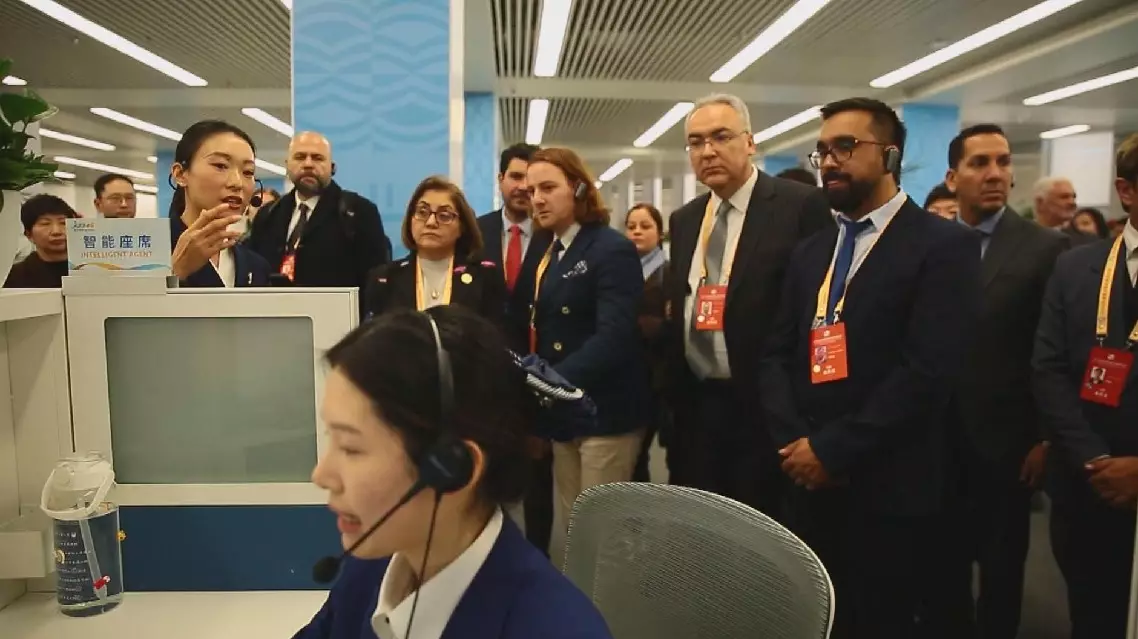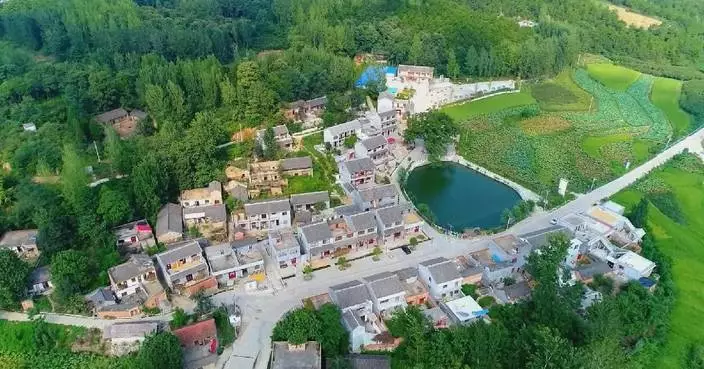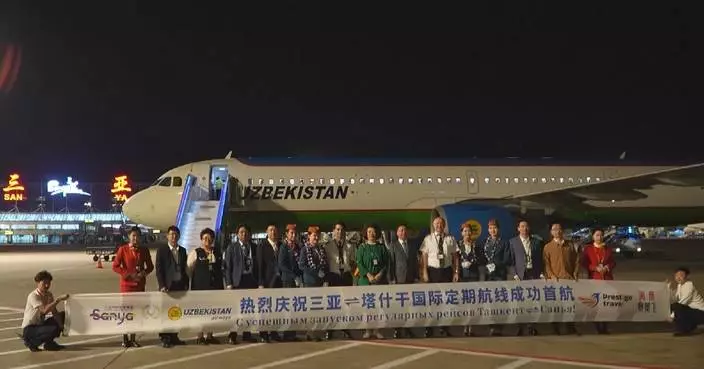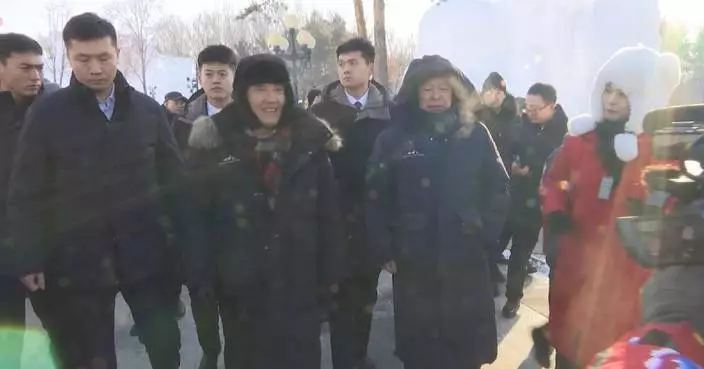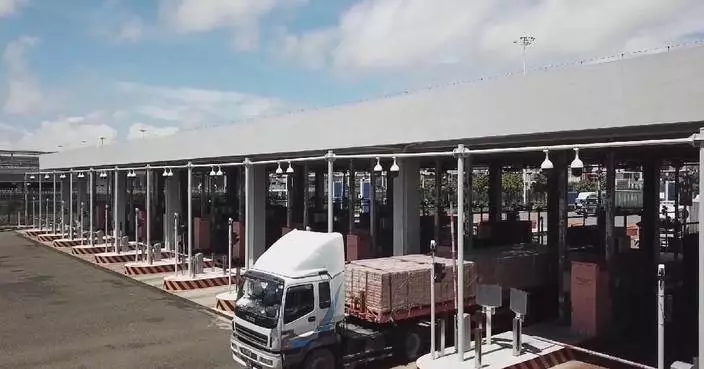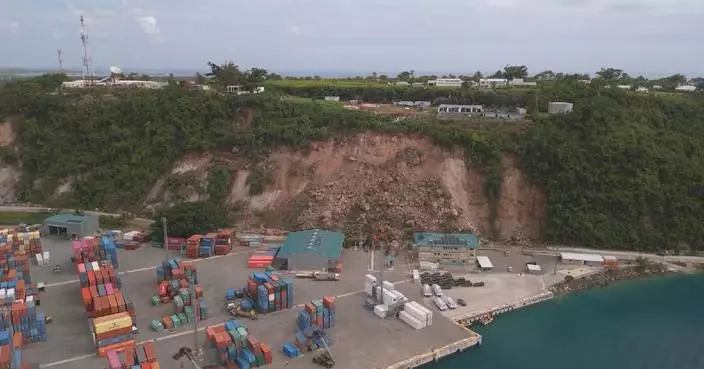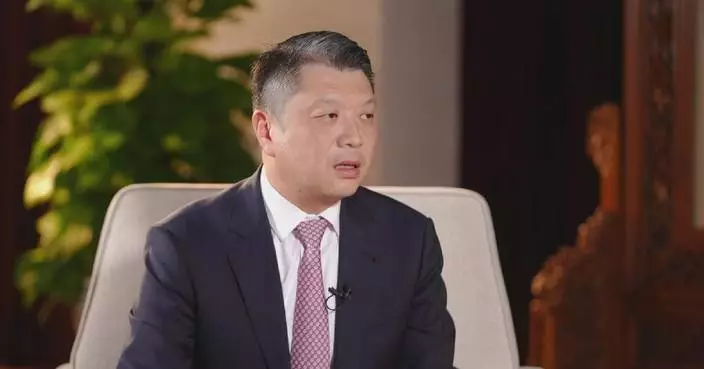China is a 'poster child' for trade-led development which has helped lift hundreds of millions of people out of poverty, World Trade Organization (WTO) chief economist Ralph Ossa said at the ongoing seventh China International Import Expo (CIIE) in Shanghai.
This year marks the 30th anniversary of the signing of the Marrakesh Agreement, which established the WTO.
China's economic success demonstrates how embracing international trade can transform economies and reduce poverty, Ossa said, noting that the country has greatly benefited from economic globalization and the multilateral trading system.
"China has really been a poster child of trade-led development, showcased how an approach of embracing international markets can help lift hundreds of millions of people out of poverty. But the good thing about international trade is that it's not a zero-sum game, it's a win-win proposition, so other countries have benefited from China's integration into the global trading system, too. And I think at first, the benefit was more making existing goods at more affordable prices. But now over time the more advanced China becomes, it's also really pushing the technological frontier,” Ossa said.
The WTO recently released its Annual Report for 2024, which focuses on the need to make globalization more inclusive.
The report reveals a significant milestone, Ossa said, as for the first time since the Industrial Revolution, the economic gap between developing and developed nations is narrowing.
"So the first thing we document in this world trade report, and it's not gonna be news to people in China, is that trade has been a powerful driver of inclusiveness since the foundation of the WTO 30 years ago. For the first time since the industrial revolution, low and middle income economies on the one hand, and high income economies on the other hand, actually converged in terms of per capita GDP. We estimate that trade cost reductions account for up to one-third of this convergence. The bad news is that there's too many countries left behind, too many economies that haven't benefited from international trade so the report also looks at what can be done there and the punchline is, well you need open trade, but you need open trade combined with the support of domestic policies, for example, to have the right infrastructure in place,” he said.
The WTO has participated in the CIIE for seven consecutive years, reinforcing its support for the event. Ossa praised the expo’s focus on imports, pointing out that the the ultimate goal of trade is to enhance consumer access to goods.
"For me, it's always fascinating to come to countries like China, where you really see the transformative power of international trade in action. I mean the one thing that really struck me as exciting is that this is an expo that’s specifically focused on imports. And I think that's often forgotten that the real reason why we benefit from international trade is because we can import stuff. I mean, exports if you think about the macro economy, are just a means to an end. And the end is simple. It’s a little bit like you yourself, yes, you go to work and yes, you need to make money but at the end of the day, you want to buy something with that money. So that's where the gains in trade come from. So I kind of appreciate it that the theme is on importing,” Ossa said.
Running from Nov 5 to 10 under the theme of "New Era, Shared Future," the 7th CIIE has attracted participants from 152 countries, regions and international organizations including a record high 297 representatives from Fortune Global 500 companies.
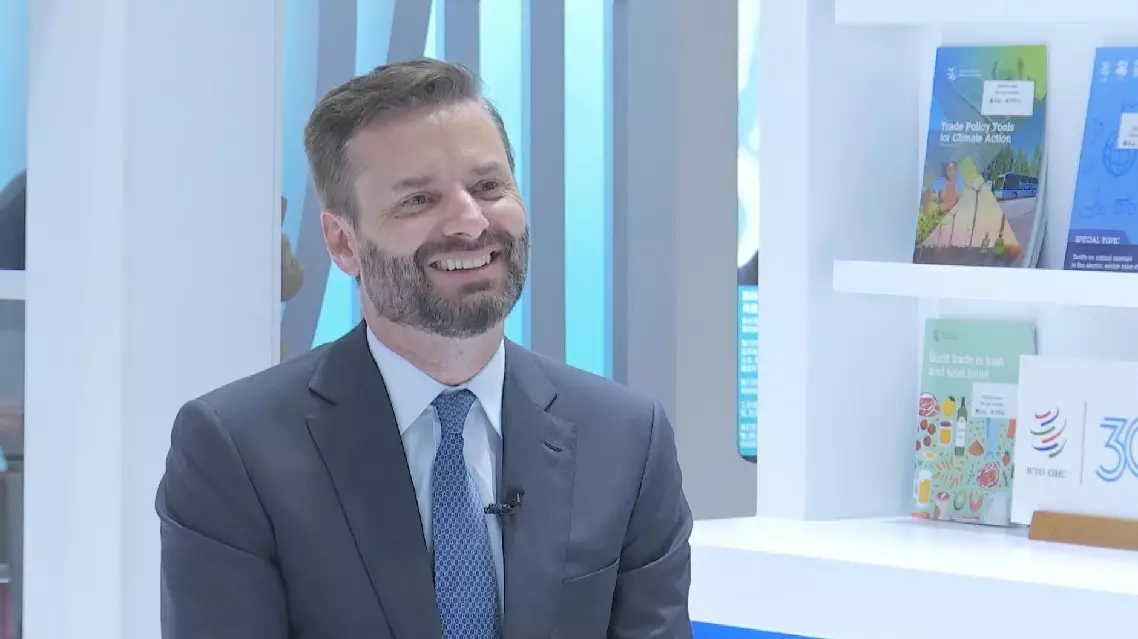
China exemplified in trade-led development, poverty reduction: WTO chief economist
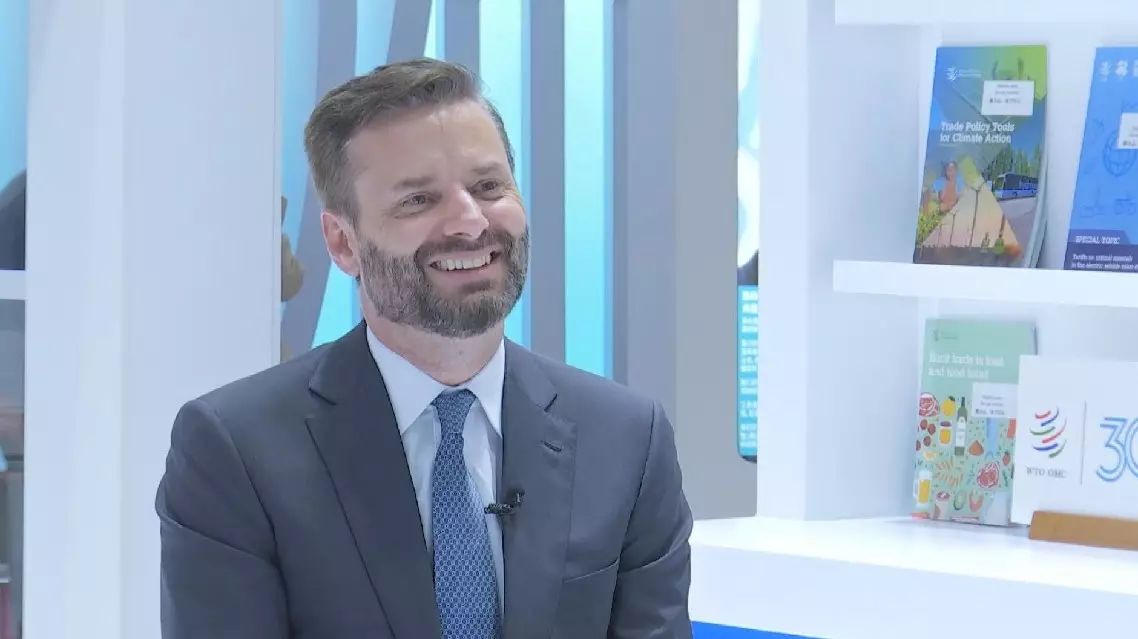
China's trade success is model for developing nations: WTO chief economist


